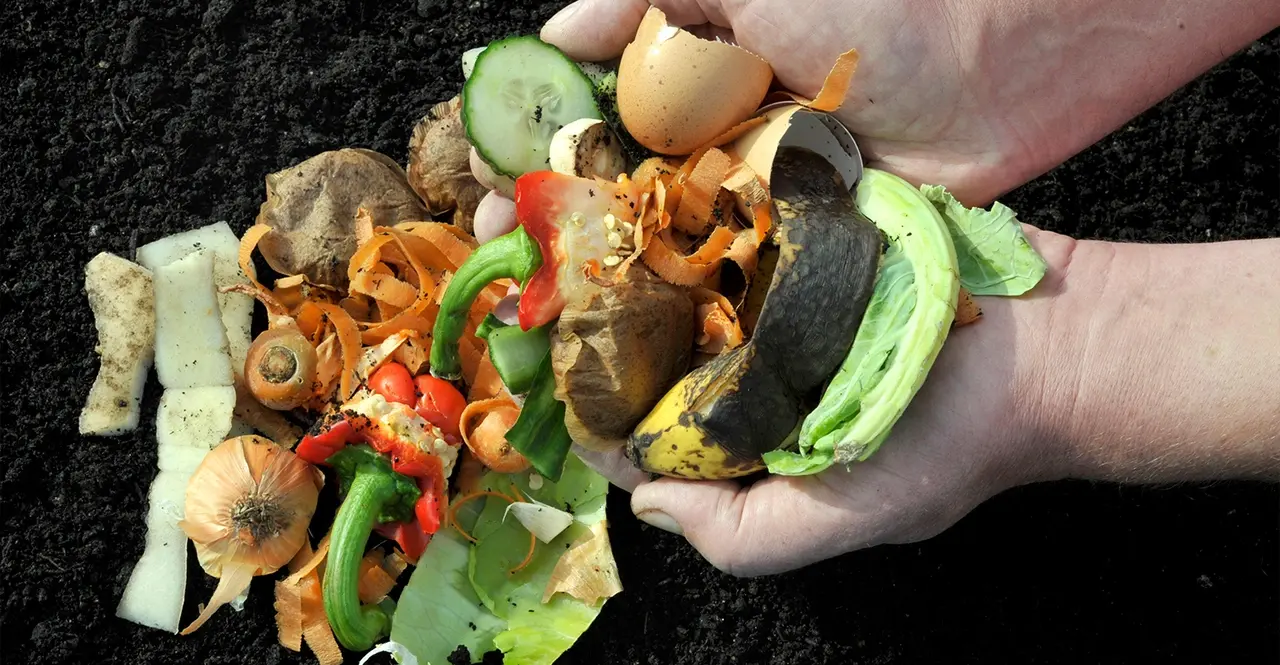In the conventional composting system, organic waste such as kitchen waste, garden waste, animal manure, and wastewater sludge were fermented with microbe. After 3 months to 6 months period formed a substance called compost. The compost will then be used to condition soil or fertilize. In the last few decades, scientists tried to improve the composting process where processes such as windrow composting process and vessel composting process were being invented, but due to the limitation of machinery and the formulation of microbes, these processes still have not gained significant improvement.
Currently machinery provided in the market only deals with the processing of kitchen waste into compost and takes 3 weeks – 6 weeks to process. The use of supporting machinery such as dewatering equipment, a crusher, and a dryer was needed with the addition of other chemical substances to achieve the required result from the process only to turn kitchen waste into compost. Garden waste, animal manure, and especially wastewater sludge were unable to be handled by the current machinery with the size of the machinery supplied also limited to a small volume set up.
Creeks 24-hour Organic Food Waste Composting Machine is designed to use the Hype Thermophilic Microbes and operate under an extreme temperature between 75°c to 125°c to sterilize the waste and activate the Microbes. With sufficient moisture, air, and temperature, the Thermophilic Microbes will ensure the aerobic fermentation process of the waste is efficient and completed in a very short period.
24-Hour Organic Food Waste Composting Machine is designed to rapidly process organic waste, transforming it into compost within a day. These machines typically use advanced composting technologies like aerobic digestion, heat generation, and microbial action to speed up the natural decomposition process. Here are a few key features and benefits:
Key Features
- Fast Processing: As the name suggests, the machine can compost organic food waste in 24 hours or less, significantly reducing the time required compared to traditional composting methods.
- Energy-Efficient: Most 24-hour composting machines are designed to minimize energy consumption while maximizing efficiency.
- Automatic Operation: Many machines come with automated systems for mixing, aerating, and maintaining the ideal conditions for composting.
- Odor Control: Advanced odor management systems are built into the machine to prevent unpleasant smells during the composting process.
- Large Capacity: These machines are capable of handling large quantities of organic waste, making them suitable for commercial kitchens, food processing plants, or large households.
Benefits
- Waste Reduction: Helps divert organic food waste from landfills, contributing to environmental sustainability.
- Fast Turnaround: Produces compost quickly, which can then be used for gardening or agriculture.
- Cost-Effective: Reduces waste disposal costs and provides an alternative to traditional waste management methods.
- Eco-Friendly: Promotes recycling of organic waste and reduces greenhouse gas emissions from landfill waste.

